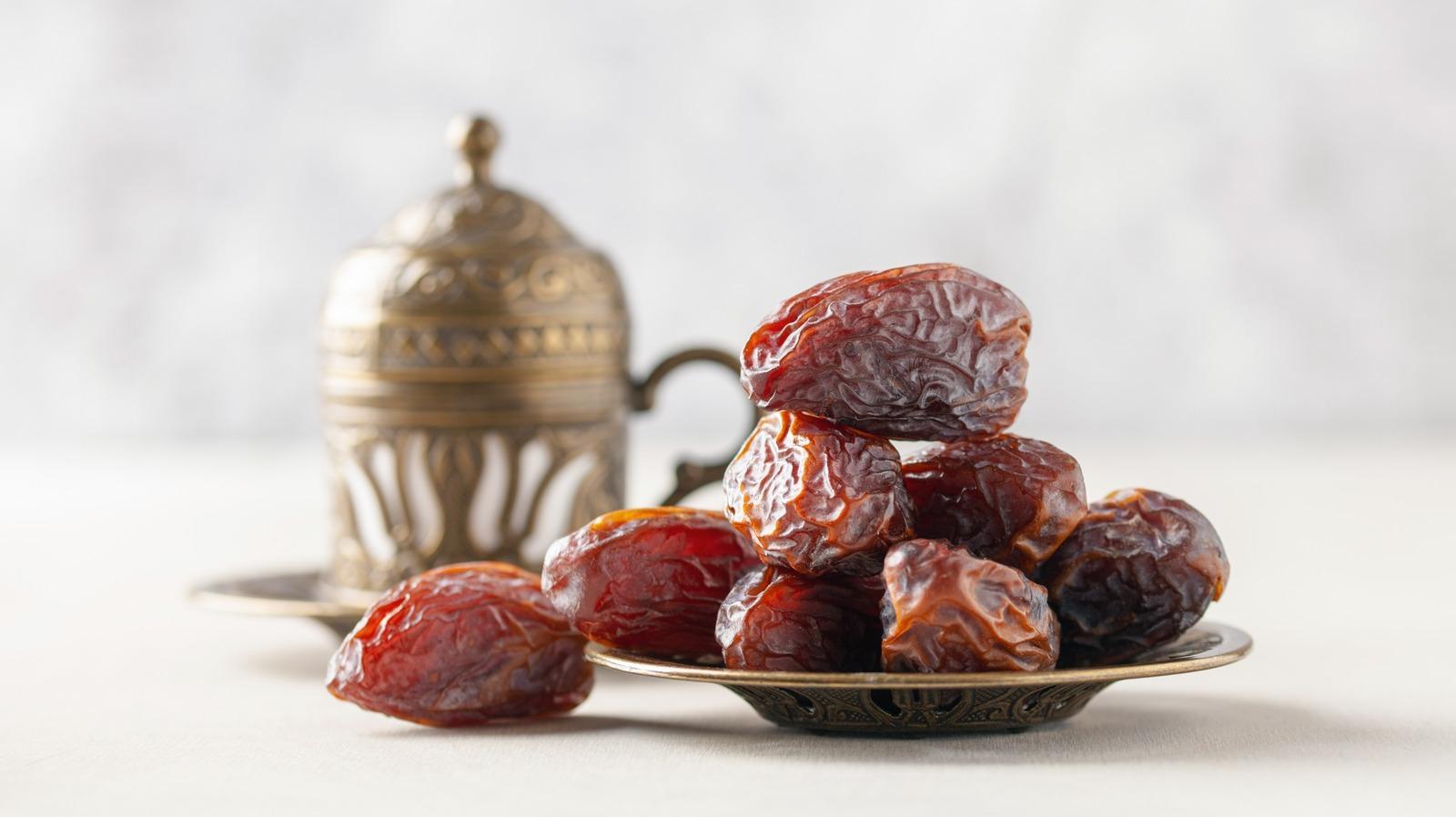Africa-Press – Seychelles. During Ramadan, if you pass by a mosque at the time of breaking fast, you will likely see congregants sharing dates with ease and warmth. These sweet, chewy fruits are not just delicious; they are packed with tradition and health benefits. As a result, they are a staple during this season of physical and spiritual renewal.
Tradition
Some Muslims may choose dates because they are often associated with Muslim-majority countries such as Saudi Arabia, Iraq, and the United Arab Emirates. However, their significance goes deeper. It is well-documented that the Prophet Muhammad (PBUH) would break his fast with three fresh dates, a practice that many Muslims follow today. Additionally, Islamic literature highlights the medicinal importance of dates, and the Quran refers to the date palm as a “blessed tree.”
A superfood for Ramadan
Dates are not only a spiritual food but also a nutritional powerhouse. Nutritionist Afra Kampere says dates are ideal for both suhoor (the predawn meal) and iftar (the meal to break the fast). Their high energy and fibre content make them perfect for suhoor, providing long-lasting satiety without causing discomfort. Breaking your fast with dates is equally beneficial, as they help quickly replenish glucose levels and provide much-needed calories and energy after a long day of fasting.
Dates are also an excellent source of fibre, which aids digestion and prevents constipation, which is especially important after a day of fasting.
A little goes a long way
Although fasting during Ramadan limits the time available for eating, dates offer a way to consume nutrient-dense food without overindulging. Dates are almost a complete food, containing calories, protein, fibre, vitamins, and minerals, including calcium, phosphorus, and magnesium, which support bone health. Their antioxidants boost immunity and help fight disease, making them a valuable food during this holy month.
Diabetic-friendly
For people with diabetes, though they are exempt from fasting, dates can be a safe option. Kampere notes that while dates contain more than 70 percent sugar, most varieties have a low glycemic index, meaning they do not cause rapid spikes in blood sugar. Studies, including one published by the National Medical Library, support the idea that dates are a good option for people with diabetes, when eaten in moderation.
How much is enough?
Kampere recommends consuming about 100g of dates per day, or approximately three to five dates at once. Overeating dates after a large meal is discouraged, as their high fibre content can cause discomfort. However, if you are new to dates or have any sensitivities or allergies, it is best to consult your doctor before consuming them.
Shamila Mukuye and her husband do not like conventional food during predawn meals. Instead, they each take five dates, a banana, and a slice of avocado and wash it down with a glass of milk and some water.
“And we go through the day without any issues. We no longer have to worry about heartburn and stomach upsets,” she said as she picked a 500g pack, their third in 14 days of Ramadan from a shop downtown.
Fresh vs dried
Fresh dates are considered the better option due to their higher water content, while dried dates have a higher sugar concentration. However, Kampere says, both forms offer similar nutritional benefits. Dates can also be creatively added to smoothies, shakes, or baked goods, making them versatile for those who want to enjoy them in different ways.
Convenient and long-lasting
Dates also have a long shelf life, making them perfect for Ramadan. Fresh dates can last up to two months at room temperature and up to six months in the fridge. Dried dates are even more durable, lasting six months at room temperature and up to two years frozen. This makes them easy to store and less affected by seasonal price fluctuations, which helps maintain affordability.
Affordable and accessible
In downtown Kampala, a 500g pack of dates costs about Shs7,000 to Shs8,000 during Ramadan, about the same price as before and after the month. Retailers such as Sufian Sagala explain that despite the surge in demand during Ramadan, prices generally remain stable because dealers import in bulk to meet the demand.
Even though dates are imported from the Middle East and North Africa, they are typically available when most needed. This is because they are not affected by seasonal price fluctuations such as locally grown fruits.
Portable, practical
Dates are also a convenient food to carry, especially compared to other fruits such as mangoes or bananas, which can be bulky or prone to spoilage. A small pack of dates can be easily wrapped and carried, making them an excellent snack for those on the go. Overall, dates are not just a food item; they are an integral part of Ramadan, offering spiritual, nutritional, and practical benefits.
THE BOTTOMLINE
Dates are a healthy fruit to include in your diet. They are high in several nutrients, fiber, and antioxidants, all of which may provide health benefits ranging from improved digestion to a reduced risk of disease. There are several ways to add dates to your diet. One popular way to eat them is as a natural sweetener in various dishes. They also make a great snack. It is easiest to find dates in their dried form, though these are higher in calories than fresh fruit, so it is important to eat them in moderation. Dates are definitely worth adding to your diet, as they are both nutritious and delicious.
For More News And Analysis About Seychelles Follow Africa-Press






